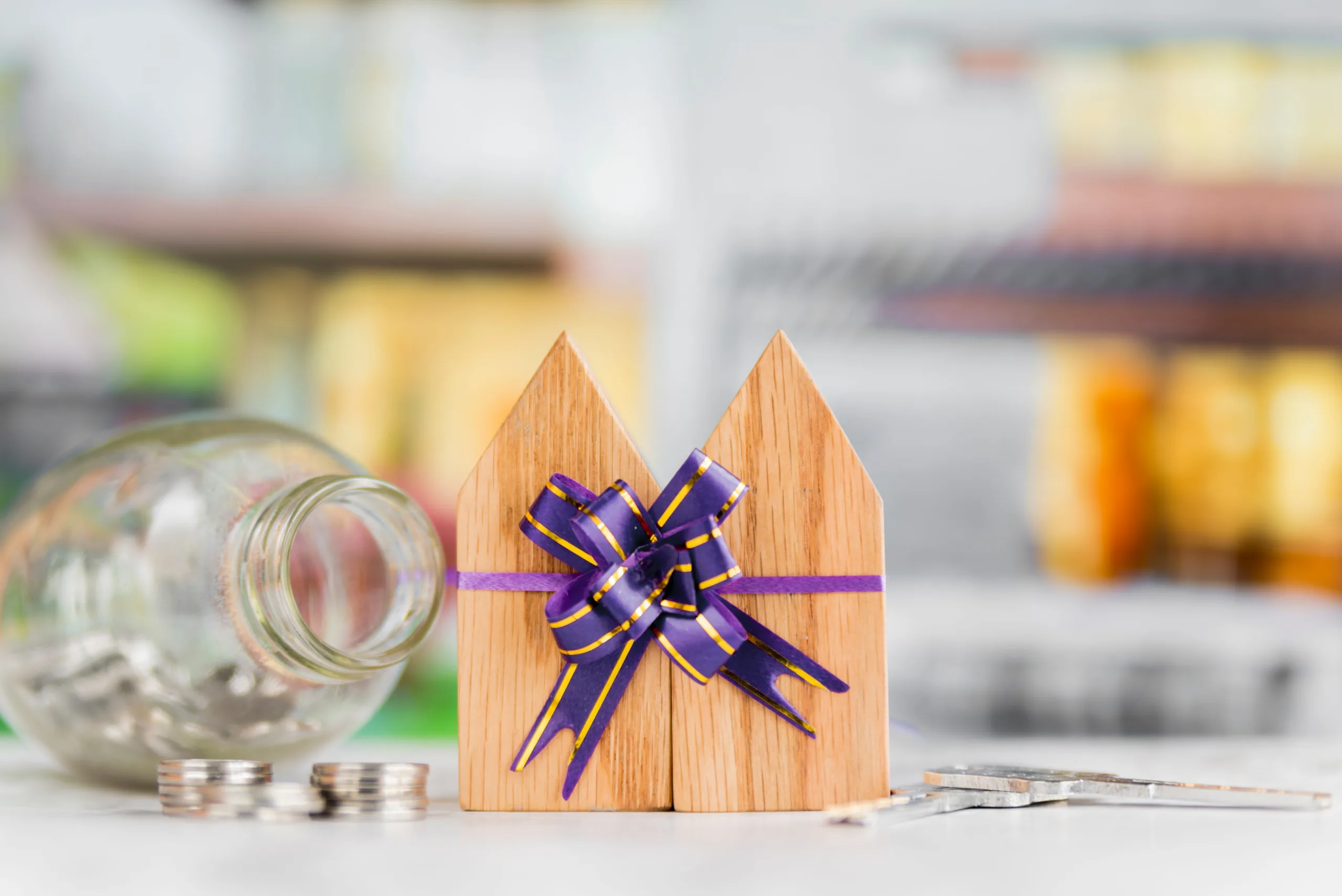
Capital appreciation represents the holy grail of property investment, the steady increase in your asset’s value that transforms a modest initial investment into substantial wealth over time. In Ghana’s dynamic real estate market, understanding this concept isn’t just helpful; it’s essential for anyone serious about building long-term financial security through property investment.
Unlike rental income that provides immediate cash flow, capital appreciation works quietly in the background, compounding your wealth year after year. It’s the difference between simply owning property and truly building an investment empire.
Demystifying Capital Appreciation in Real Estate
At its core, capital appreciation refers to the increase in a property’s market value from the time you purchase it until you sell or refinance. Think of it as your property’s natural tendency to become more valuable as time passes, driven by factors like inflation, supply and demand dynamics, and area improvements.
Consider this scenario: you purchase a two-bedroom apartment in Airport City for $200,000 today. Five years later, similar properties are selling for $280,000. That $80,000 increase represents capital appreciation, a 40% gain on your initial investment, translating to roughly 8% annual appreciation.
What makes capital appreciation particularly attractive is its tax efficiency. In Ghana, you typically don’t pay taxes on appreciation until you actually sell the property, allowing your investment to grow tax-deferred. This contrasts sharply with rental income, which is subject to immediate taxation.
Why Ghana’s Market Offers Exceptional Appreciation Potential
Ghana’s property market presents compelling capital appreciation opportunities that savvy investors simply cannot ignore. Recent data from The African Investor shows property values appreciating between 5-20% annually, with premium locations like East Legon and Airport Residential Area leading the charge.
Several factors drive this impressive performance. Ghana’s rapid urbanisation sees approximately 4.2% annual urban population growth, creating sustained demand for quality housing. Meanwhile, the country faces a housing deficit exceeding 2 million units, ensuring strong upward pressure on property values.
Infrastructure development acts as another powerful catalyst. The ongoing expansion of the Accra-Tema Motorway and various commercial developments significantly enhance property accessibility and desirability. Properties near these improvements often experience accelerated appreciation as the surrounding area becomes more attractive to buyers and tenants.
Strategic Factors That Drive Capital Appreciation
Location remains the paramount factor in maximising capital appreciation. Prime areas like Cantonments, Ridge, and East Legon consistently outperform the broader market due to their proximity to diplomatic missions, international schools, and commercial centres.
VAAL Ghana’s developments exemplify strategic location selection. Villanova, positioned just 0.8km from Jubilee House and minutes from major amenities, represents the type of location that historically delivers superior appreciation. Similarly, Legato Heights in Ridge benefits from the area’s established prestige and ongoing gentrification.
Property quality and amenities significantly influence appreciation rates. Modern developments featuring international-standard amenities, security systems, and sustainable design elements tend to appreciate faster than basic housing stock. This explains why luxury developments often outperform the general market; they cater to Ghana’s growing affluent class and expatriate community.
Market timing also plays a crucial role. Purchasing during development phases or in emerging neighbourhoods before they fully mature can yield exceptional returns. Early investors in areas like Airport City witnessed remarkable appreciation as the district evolved from undeveloped land to Ghana’s premier business hub.
Maximising Your Property’s Appreciation Potential
Smart investors employ several strategies to enhance capital appreciation. First, consider off-plan purchases, which typically offer 15-20% discounts compared to completed units whilst benefiting from appreciation during construction. VAAL’s payment plans make this strategy particularly accessible.
Regular property maintenance and strategic improvements also boost appreciation. Simple upgrades like modern fixtures, fresh paint, or enhanced security systems can significantly impact your property’s market value. The key is making improvements that appeal to your target market, whether that’s young professionals, families, or expatriates.
Stay informed about local development plans and infrastructure projects. Properties near planned shopping centres, schools, or transport links often experience anticipatory appreciation even before construction begins. Ghana’s National Development Planning Commission regularly publishes development plans that savvy investors monitor closely.
The VAAL Advantage in Capital Appreciation
VAAL Ghana’s track record demonstrates how strategic development and location selection drive superior capital appreciation. Our projects consistently choose locations with strong fundamentals: proximity to employment centres, quality infrastructure, and growing communities.
Harmonia Villas in Cantonments, for instance, benefits from the area’s diplomatic quarter status and limited land availability, factors that virtually guarantee long-term appreciation. Meanwhile, our innovative AI-powered homes at Villanova position investors at the forefront of Ghana’s smart home revolution.
Understanding capital appreciation empowers property investors to make informed decisions that build lasting wealth. In Ghana’s robust market, combining strategic location selection, quality developments, and long-term thinking creates the perfect recipe for exceptional capital appreciation returns.
Frequently Asked Questions
1. How much capital appreciation can I expect in Ghana’s property market?
Properties in prime Accra locations typically appreciate 8-15% annually, though some areas have seen rates as high as 20%. Secondary cities like Kumasi generally show 5-10% appreciation rates.
2. What’s the difference between capital appreciation and rental yield?
Capital appreciation is the increase in property value over time, whilst rental yield is the annual income as a percentage of property value. Both contribute to total investment returns.
3. How long should I hold property to maximise capital appreciation?
Generally, holding periods of 5-10 years allow sufficient time for significant appreciation, though exceptional locations may show strong gains in shorter timeframes.
4. Do all property types appreciate equally?
No, luxury properties and those in prime locations typically appreciate faster than basic housing. Properties with unique features or superior amenities often outperform the market.
5. How can I research appreciation potential before buying?
Study historical price trends, planned infrastructure developments, population growth patterns, and local economic indicators. Professional market analysis from established developers provides valuable insights.
Ready to capitalise on Ghana’s exceptional property appreciation opportunities? Contact VAAL Ghana today to explore our premium developments and discover how strategic property investment can transform your financial future.